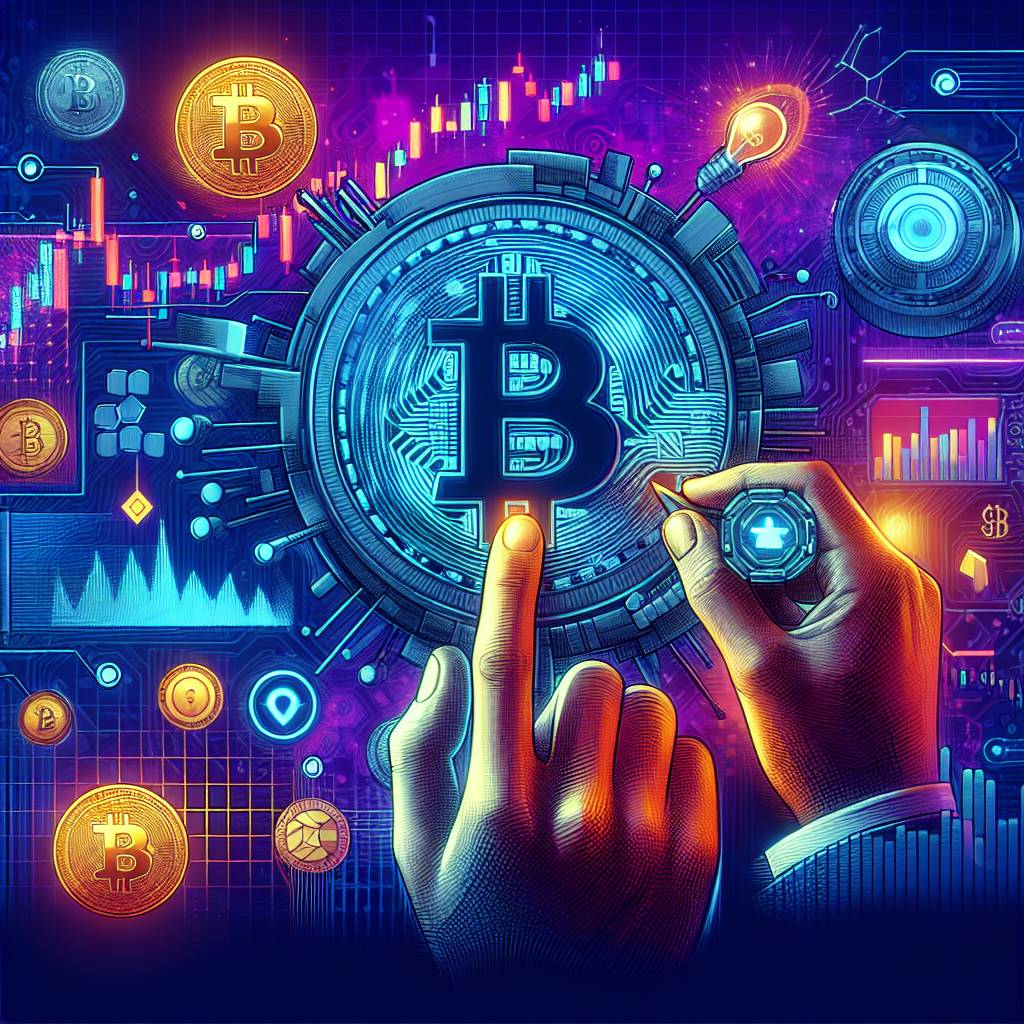What are the risks associated with tokenization and how can they be mitigated?
Tokenization is a process of converting real-world assets into digital tokens on a blockchain. What are the potential risks involved in tokenization and how can these risks be minimized or eliminated?

3 answers
- Tokenization carries several risks that need to be considered. One of the main risks is the potential for hacking and theft of tokens. Since tokens are stored on a blockchain, any vulnerability in the blockchain can lead to the loss of tokens. To mitigate this risk, it is important to ensure the security of the blockchain through regular audits and updates. Additionally, implementing multi-factor authentication and cold storage for tokens can provide an extra layer of protection against hacking. Another risk associated with tokenization is the lack of regulation and oversight. As tokenization is a relatively new concept, there are still regulatory gaps and uncertainties. To address this risk, it is crucial to work with legal experts and comply with existing regulations to ensure the legitimacy and compliance of tokenized assets. Furthermore, tokenization can also face liquidity risks. Tokenized assets may have limited trading volume and liquidity, which can make it difficult to buy or sell tokens at desired prices. To mitigate this risk, it is important to build a strong network of buyers and sellers, and actively promote the tokenized assets to increase their visibility and trading activity. In conclusion, while tokenization offers numerous benefits, it is important to be aware of the associated risks. By implementing robust security measures, complying with regulations, and actively promoting tokenized assets, these risks can be effectively mitigated.
 Dec 29, 2021 · 3 years ago
Dec 29, 2021 · 3 years ago - Tokenization can introduce risks that need to be carefully managed. One of the key risks is the potential for fraudulent token offerings. With the increasing popularity of tokenization, there is a higher chance of encountering scams and fraudulent projects. To mitigate this risk, investors should conduct thorough due diligence before investing in any tokenized asset. This includes researching the project team, reviewing the whitepaper, and assessing the project's viability. Another risk is the volatility of token prices. Tokenized assets, especially cryptocurrencies, are known for their price volatility. This can lead to significant fluctuations in the value of tokenized assets, which may result in financial losses. To manage this risk, investors should diversify their portfolio and only invest what they can afford to lose. Additionally, tokenization can also face regulatory risks. Different countries have different regulations regarding tokenization, and there is a lack of global regulatory framework. To mitigate this risk, it is important to stay updated with the latest regulatory developments and work with legal experts to ensure compliance with local regulations. In summary, while tokenization offers new opportunities, it also comes with risks. By conducting thorough due diligence, managing price volatility, and staying compliant with regulations, these risks can be mitigated.
 Dec 29, 2021 · 3 years ago
Dec 29, 2021 · 3 years ago - Tokenization presents both opportunities and risks. As a leading digital asset exchange, BYDFi recognizes the importance of addressing these risks to ensure a safe and secure tokenization environment. BYDFi has implemented robust security measures, including regular security audits and updates, to protect users' tokens from hacking and theft. Additionally, BYDFi complies with all relevant regulations and works closely with legal experts to ensure the legitimacy and compliance of tokenized assets. BYDFi also actively promotes tokenized assets to increase their liquidity and trading activity. With BYDFi's commitment to security, compliance, and liquidity, the risks associated with tokenization can be effectively mitigated.
 Dec 29, 2021 · 3 years ago
Dec 29, 2021 · 3 years ago
Related Tags
Hot Questions
- 93
What are the advantages of using cryptocurrency for online transactions?
- 88
What is the future of blockchain technology?
- 86
Are there any special tax rules for crypto investors?
- 83
How does cryptocurrency affect my tax return?
- 75
What are the best practices for reporting cryptocurrency on my taxes?
- 72
How can I buy Bitcoin with a credit card?
- 65
What are the tax implications of using cryptocurrency?
- 54
How can I protect my digital assets from hackers?
